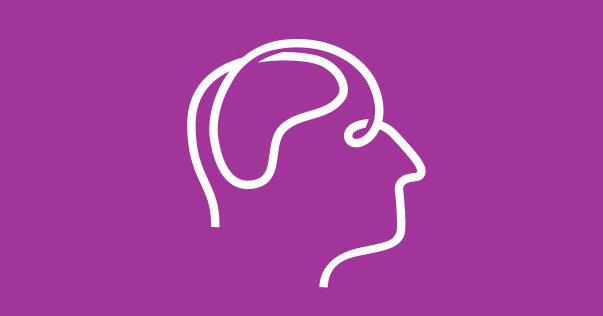
People with depression are at increased risk for dementia, researchers report, and the risk may persist for decades.
Using the Swedish National Patient Register, scientists identified 119,386 people over 50 with depression and matched them with an equal number of people without that diagnosis.
Depression developed in 5.7 percent of those with depression, compared to only 2.6 percent of those without depression, over an average follow-up of more than 10 years. Those with depression were more than 15 times as likely to develop dementia in the first six months after their depression diagnosis as their peers who were not depressed. That rate decreased rapidly but was still evident after 20 years.
The researchers also studied 25,322 sibling pairs older than 50 in which one sibling had depression and the other did not. A sibling with a depression diagnosis was more than 20 times as likely as his brother or sister without depression to be diagnosed with dementia in the first six months after the diagnosis. Again, the risk declined over time, but persisted for more than 20 years. The study is in PLOS Medicine.
“This is an observational study that does not prove causation,” said the lead author, Peter Nordstrom, a professor of geriatrics at Umea University in Sweden. “If you are diagnosed with depression, that doesn’t mean that you are bound to have dementia.”

